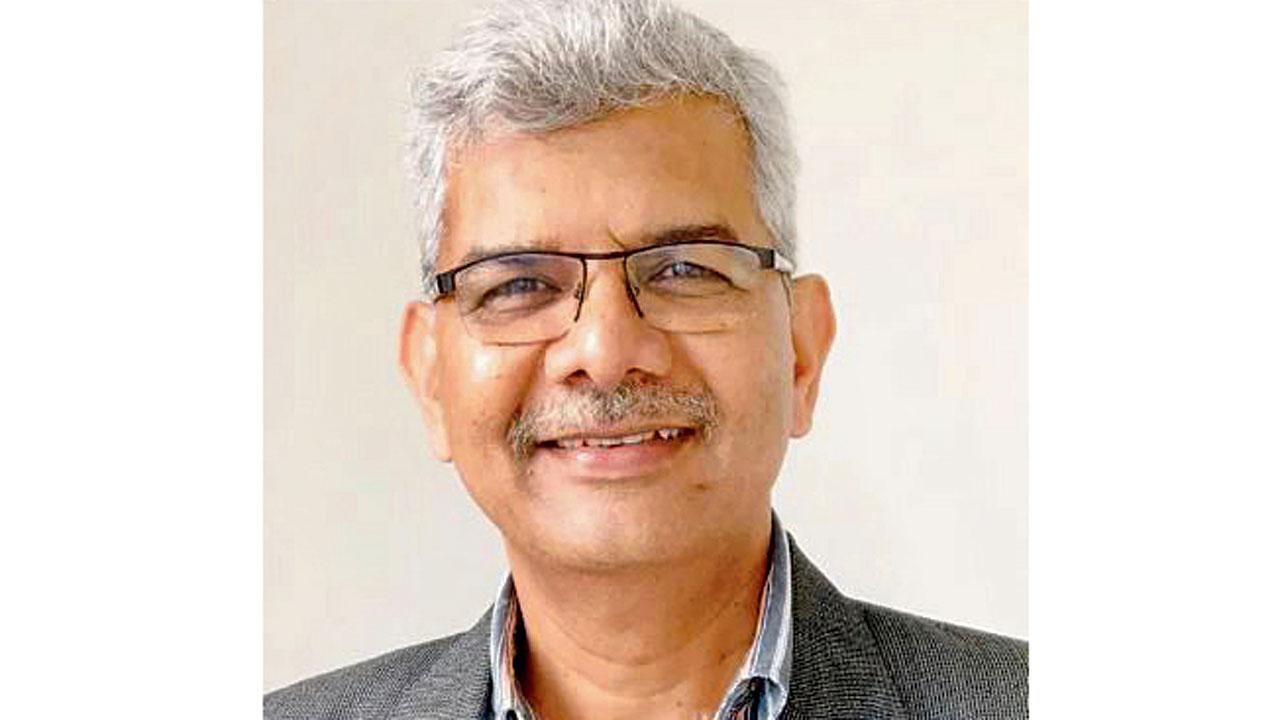On World Arthritis Day today, two experts speak about early-onset arthritis, the warning symptoms and ways to delay its progression

The most important step to preventing arthritis is an early diagnosis
Joint venture to recovery
There are two types of arthritis — inflammatory and non-inflammatory. Non-inflammatory arthritis refers to degenerative arthritis where the weight-bearing joints start showing signs of wear due to age, weight and lifestyle habits. Early-stage degenerative arthritis applies when an individual starts experiencing pain during extreme postures. They find it difficult to climb stairs and sit cross-legged. Here, the pain is initially limited to anterior and medial joint surfaces.
Early-stage inflammatory arthritis is when a person experiences early morning stiffness of smaller joints of the hand and foot.
>> Don’t ignore the signs
If a young person starts experiencing pain in the smaller joints along with some deformity and morning stiffness, it could be symptomatic of inflammatory arthritis. Such pain may be accompanied with redness and swelling of joints. But if one is experiencing joint pain without inflammation, it could be a sign of degenerative arthritis.

Dr Nishikant Kumar, joint replacement surgeon, Mediversal Hospital, and director and HOD, Shahi Hospital, Patna
>> Delay the progression
The most important step to prevent or delay arthritis is an early diagnosis. Whenever you notice any of these symptoms, consult your doctor, and then begin your treatment as soon as possible. If certain disease-modifying drugs are started early, it can delay the progression of inflammatory arthritis. For non-inflammatory arthritis, exercises and lifestyle modifications are of utmost importance. Medicines are not the only cure for degenerative arthritis, weight reduction is just as important.
Even the young are affected
Arthritis can make it difficult for patients to perform daily routines if the disease is not controlled. There are several types of arthritis with different symptoms and need varied treatments. Contrary to popular belief that it is a disease that affects the elderly, it can develop at any age. As the name suggests, early-onset arthritis develops earlier than usual, sometimes in young adults and children. The juvenile onset of arthritis can present itself from the age of six months to 16 years.
>> Arthritis versus other joint pain
In arthritis, inflammation is the cause of joint pain, whereas, in other types of pain, inflammation is either absent or not the underlying cause. Other early warning signs for early-onset arthritis include stiffness, fatigue, persistent joint pain and swelling, bowel inflammation, as well as systemic symptoms such as fever, loss of appetite and subsequent weight loss. The description of symptoms might overlap; consult a doctor for a thorough examination.

Dr Anant Pandhare, medical director, Dr Hedgewar Hospital, BAVP, Aurangabad
>> Tackling the problem
Treatments for early-onset arthritis may include physical therapy or occupational therapy, medication, surgery, and lifestyle changes such as losing and maintaining a healthy weight. With the help of a primary care provider, rheumatologist, and physical therapist, early-onset arthritis can be made more manageable and its progression slowed down.
 Subscribe today by clicking the link and stay updated with the latest news!" Click here!
Subscribe today by clicking the link and stay updated with the latest news!" Click here!










